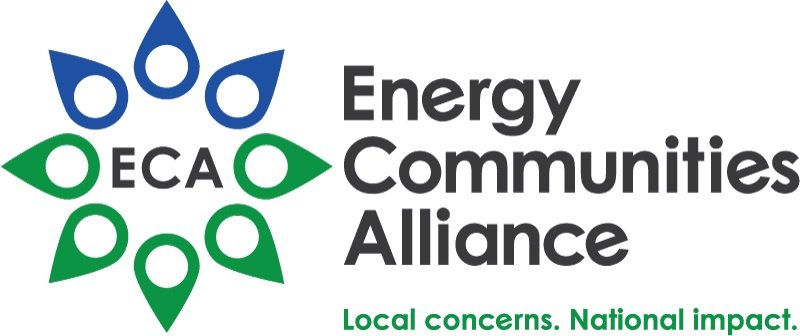HOUSE PREPS FLOOR VOTE ON ENERGY & WATER APPROPRIATIONS BILL
The House Rules Committee is meeting today to establish the terms of a floor debate for the Energy and Water Development Appropriations Bill (H.R. 8997) which could begin as soon as Tuesday and see a vote by Thursday of this week.
The Bill would provide for $59.2 billion in discretionary funding, a $1 billion increase from the fiscal year 2024 enacted amount and $139 million less than the President’s Budget Request. The defense portion of the funding would be $34.2 billion, $906 million more than in fiscal 2024 and $214 million more than requested. Nondefense funding would total $25 billion, a $93 million increase from fiscal 2024 and $353 million less than requested.
See below for funding highlights:
$20.3 billion for nuclear weapons activities at the National Nuclear Security Administration, $1.2 billion more than in fiscal 2024
$7.1 billion for defense environmental cleanup to remediate Cold War-era contaminated nuclear sites, $153 million less than fiscal 2024
$1.8 billion to support nuclear energy research, development, and demonstration activities.
Policy highlights include:
One measure would redirect $8 billion provided for DOE’s clean energy loan programs to nuclear reactor programs, including Generation 3+ small modular reactors and two awards under the Advanced Nuclear Reactor Program.
Another measure would prevent DOE to enter into any agreement with private entities to store spent nuclear fuel unless authorized by federal law. It would also require DOE to formalize consent with host state and local governments, or any affected American Indian tribes, before storing authorized nuclear waste.
The prohibition would not apply to existing facilities storing commercial nuclear waste with an appropriate license from the Nuclear Regulatory Commission (NRC).
Appropriations TImeline
If the House can pass the Energy and Water Bill, in addition to the three other appropriations bills scheduled to be voted upon this week, the chamber will have passed 8 of the 12 necessary funding bills. Passage of these bills will set the stage for later bicameral talks on the ultimate appropriations deal with the Senate.
Senate appropriators aim to hold their second markup on four bills later this week.
However, lawmakers are expected to rely on a stopgap measure to fund the government past the September 30 deadline in anticipation of the General Election in November. The results of the elections will inform how lawmakers approach negotiating a bicameral funding agreement. For now, it is unclear how President Joe Biden’s decision not to seek re-election may impact the path of negotiations.
For more information on the budget and appropriations process, see ECA’s website for our Federal Budget Tracker.
